Conversations at the 7th Agritec Africa conference in Nairobi, Kenya last week ranged from organic agriculture to soil health and its conservation, to agri-mechanization and application of plasticulture. The event, which featured over 100 exhibitors of farm machinery, was mostly attended by farmers from across the country but agro-dealers from Kenya and other nearby countries, as well as government stakeholders, also joined.
I sat in on some of the sessions and here are my key takeaways.
1. Upskilling African farmers
Helping farmers increase their incomes and exposing them to various opportunities in the agriculture industry apart from farming were hot topics. Speakers talked about the need for more operating farmer training centers and education on making a farming career a business.
“Every farmer should try to convert his farming into a business. Unless you take it as a business, farming is very difficult to be successful at,” said Anand Zambre, assistant vice president at Reliance Industries. His session involved insights on protected cultivation techniques, greenhouse innovations as well as precision farming technologies for Kenyan farmers.
Providing holistic support to farmers, beyond giving them access to decent inputs, was also a core topic, including discussion on better access to finance, support in facing climate change, and mechanization tools relevant and adaptable for farmers’ individual conditions.
“We have to build certain structures, which enable farmers to be more efficient. These could be contractor businesses or even leasing schemes because without these no farming, even organic farming, will be successful,” said Alexandra Haus, manager at Germany’s engineering association, VDMA on the agri-mechanization panel.
The event organizers provided free transportation for farmers to attend the event, which was another hint at the event’s focus on upskilling and educating farmers.
2. The promise of organic agriculture
Dr. Bharat Patel a surgeon and founder of BBEAL, a bio-gas and organic fertilizer producer, was, unsurprisingly, quick to promote the benefits of organic agriculture as a means to improve soil health and reduce potential harm to end consumers. He called the next generation of consumers the unseen victims of heavy chemical use in agriculture, referencing the synthetic fertilizers and pesticides used in conventional agriculture.
“The solution is organic farming, but there is a wrong perception amongst farmers that they will see a reduction in production with organic farming,” he said.
Patel explained that though farmers might see a difference in production in the first year, they will see increasing volumes of output in years to follow due to improved soil health, coupled with a reduction in input expenditure. Farmers also stand to improve their incomes as they’re able to charge more for higher quality produce.
Some farmers raised their concerns about whether organic farming could be used to sustain the production of commercial crops like cotton, as well as getting access to organic fertilizers in the Kenyan market.
3. Look to India
India was referenced a few times as a good example for Kenya and other African markets to follow. Patel highlighted the extent of India’s organic cotton market — it accounts for 51% of global organic cotton production today — in response to questions about the scalability of organic production.
“The organic cotton market is now recognized and because of this, you get more money and that is what the farmer needs,” he added.
Indian farmer education was also promoted where operating farmer training centers and technical assistance are common among farming communities there.

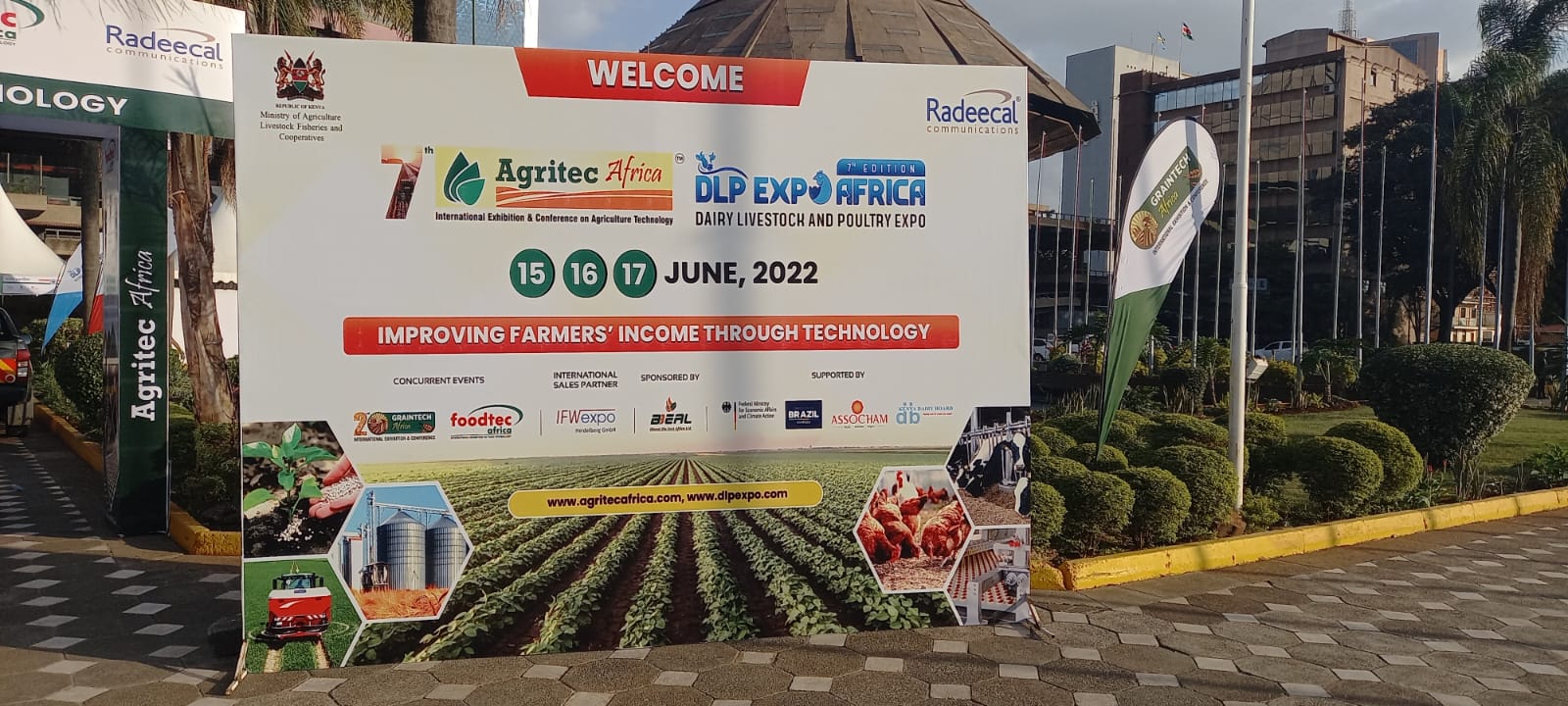

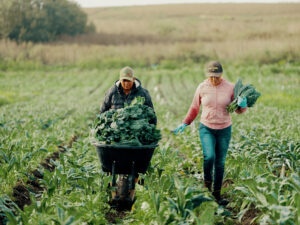

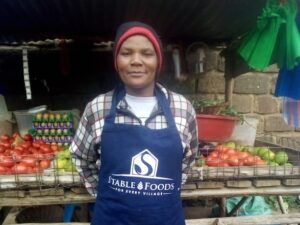
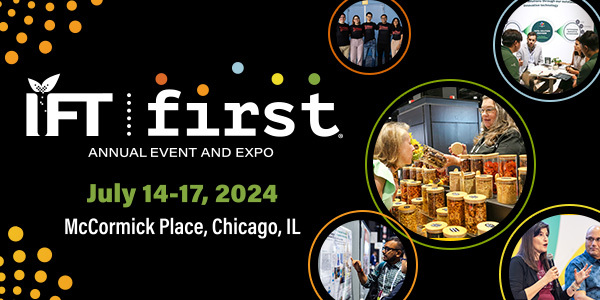
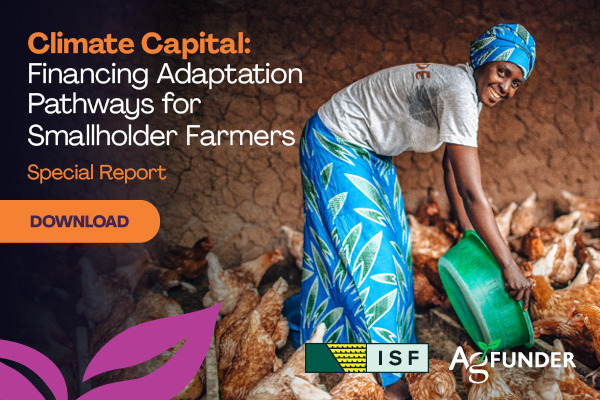
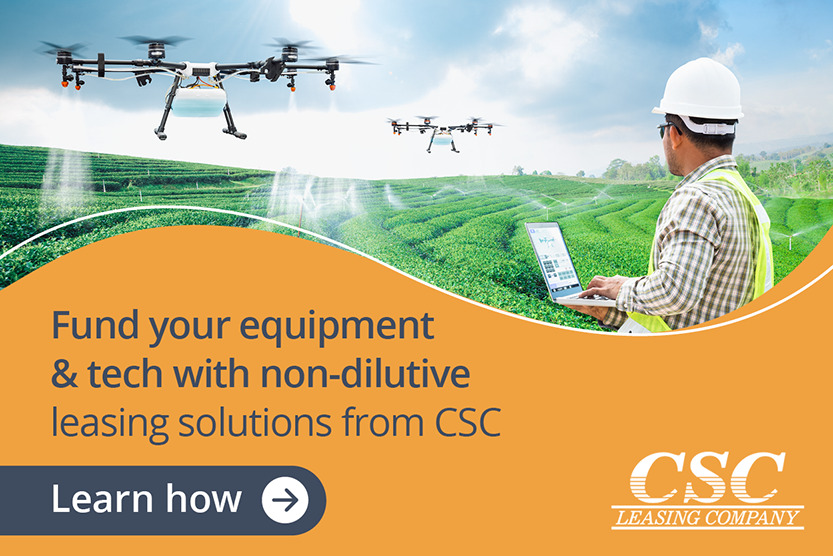


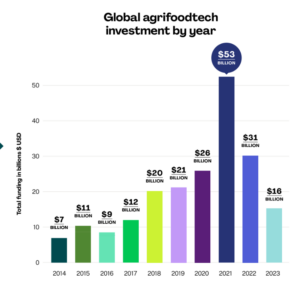
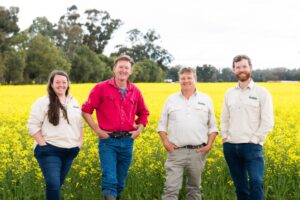


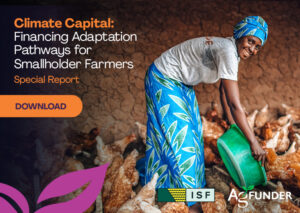

Sponsored
International Fresh Produce Association launches year 3 of its produce accelerator